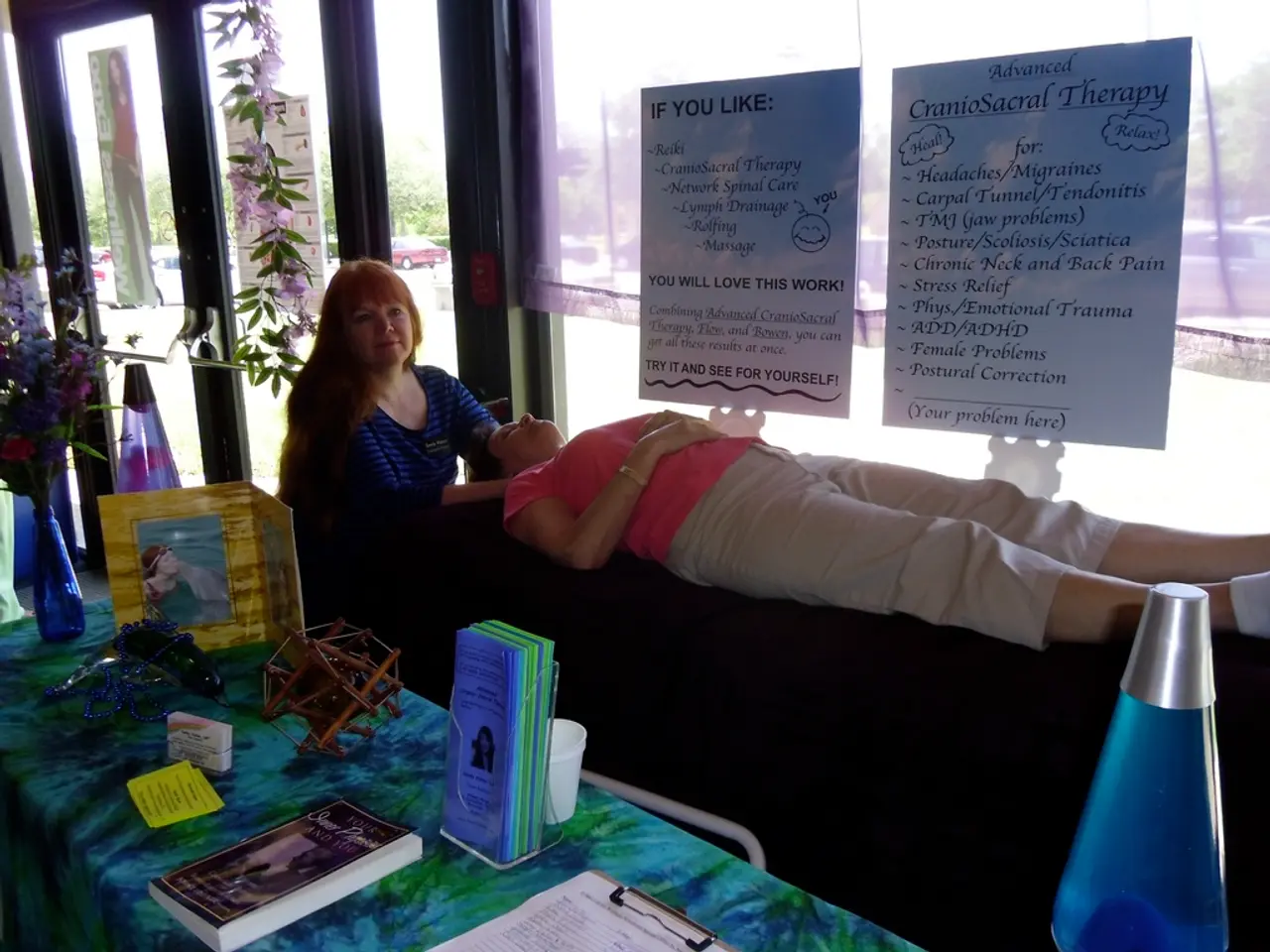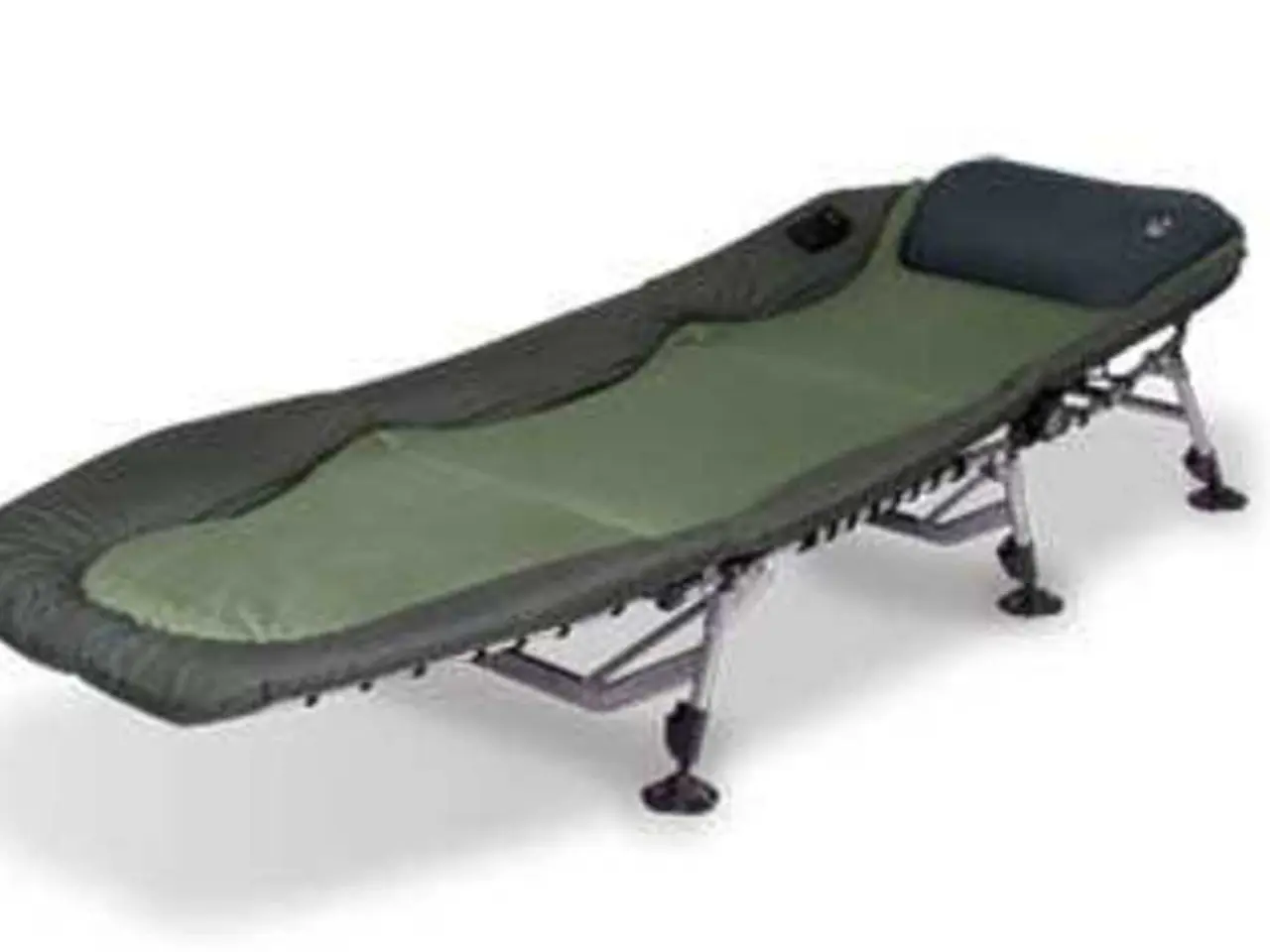Survivors of abuse often grapple with unique forms of anxiety
At our clinic in New Jersey, we offer a unique and compassionate approach to managing anxiety for individuals who have experienced trauma. Our healing process is grounded, flexible, and trauma-informed, focusing on addressing the root causes of anxiety, including the effects of abuse, trauma, and long-term emotional stress.
Anxiety can be a normal nervous-system response to trauma, and healing isn't just about managing symptoms; it's about retraining the brain to feel safe. For trauma survivors, rest can feel unsafe due to the body's continued hypervigilance and alertness after the traumatic event. This heightened state, part of the trauma response, makes relaxing and letting down their guard feel threatening rather than calming.
Trauma-related nightmares and fragmented sleep architecture particularly disrupt the restorative phases of sleep, reinforcing the sense that rest is unsafe. Emotional avoidance and numbing, common after trauma, can further alienate survivors from their own bodies, complicating their ability to feel secure while resting.
To help trauma survivors reconnect with their bodies safely and reduce hypervigilance, we recommend several strategies:
- Maintaining consistent sleep routines helps signal to the body that it is safe to relax, counteracting the trauma-linked hyperarousal.
- Practicing relaxation and grounding techniques before bed, such as slow breathing, mindfulness, and gentle sensory engagement, help reduce nervous system activation, fostering safety and ease before sleep.
- Creating a safe, comfortable environment, personalized to feel secure (e.g., soft lighting, calming sounds), can help reduce fear and promote relaxation.
- Responding swiftly to anxiety symptoms, engaging in self-soothing actions such as deep breathing or progressive muscle relaxation, can help prevent escalation.
- Avoiding forcing sleep and getting up to do quiet, calming activities outside the bed if unable to fall asleep helps break negative associations between the bed and wakefulness or fear.
- Seeking professional help when needed, such as trauma-informed therapy, can guide survivors in processing trauma safely and restoring healthy rest patterns.
At our clinic, individual therapy is offered to understand how anxiety operates in daily life and build tools for healing. We also provide telehealth services, allowing access to care without the stress of commuting or sitting in an unfamiliar space. Medication can also be a helpful tool, helping the nervous system calm down so therapy can work effectively.
Prioritizing mental health is crucial for survivors of abuse, and seeking support from a dedicated team can help in managing anxiety and promoting well-being. Trust and social anxiety, common in survivors of abuse, can be addressed through therapy, as well as anxiety around identity or self-expression. Emotional flooding, a sudden feeling of overwhelm, panic, and dissociation, can also be addressed and managed through our trauma therapy services.
Many survivors benefit deeply from therapy, as professional support helps untangle complex triggers and build sustainable safety. We believe that healing is possible, and our team is committed to helping you on your journey towards peace and well-being.
- At our New Jersey clinic, we provide telehealth services in addition to in-person individual therapy, aiming to ease the stress of commuting or feeling uncomfortable in an unfamiliar space.
- In our unique, compassionate approach, we focus on addressing the root causes of anxiety, such as the effects of trauma, through evidence-based therapy and medication management.
- By offering a personalized healing process grounded in science and tailored to each individual's needs, we aim to help trauma survivors reconnect with their bodies and reduce hypervigilance for a safer and more restful sleep.
- Science-based strategies in our treatment plan, including maintaining consistent routines, practicing relaxation techniques, and creating a calming sleep environment, help promote relaxation, thereby reducing anxiety levels and reinforcing the sense of safety for survivors.




